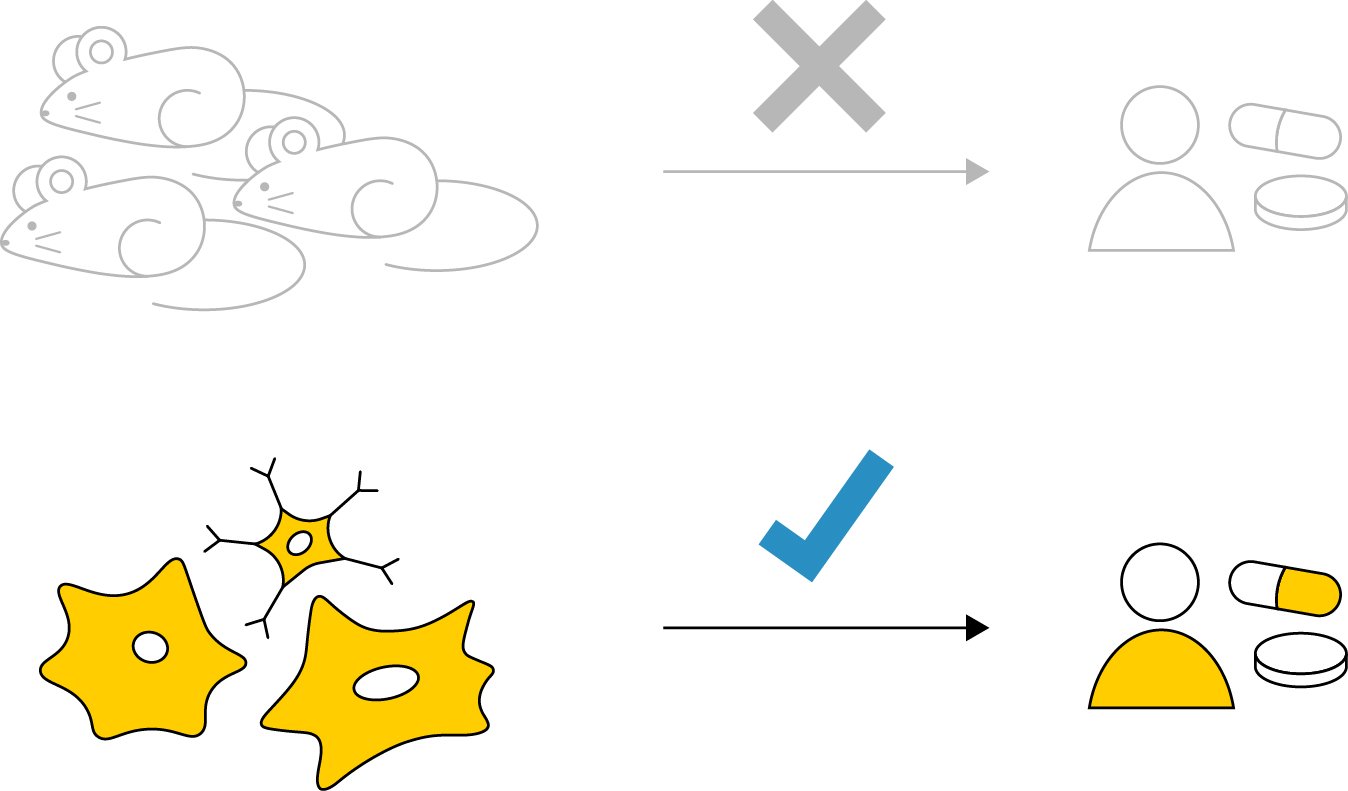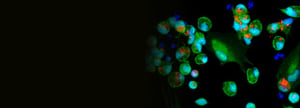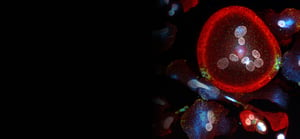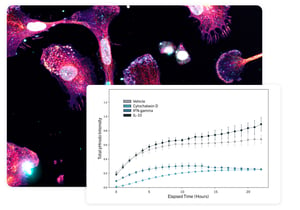MICROGLIA: A PROMISING TARGET FOR DRUG DEVELOPMENT
Microglia are the immune-effector cells in the CNS that are activated in response to injury, neurodegeneration, and infection, with one of their major functions being phagocytosis of potential threats, such as pathogens. Identifying therapeutics that can modulate microglia activity remains a promising avenue for drug development, particularly for neurodegenerative diseases, in which prolonged activation of microglia leads to neuronal death.
Our Ready-2-Go Assay Service incorporates Alzheimer’s disease relevance by providing the option of using wild-type, TREM2-homozygous, or TREM2-heterozygous cells to assess your compounds’ effects on microglial phagocytosis.
KEY FEATURES
![]()
Uses wild-type or TREM2-mutant, human, iPSC-derived microglia

Quantitative, live-cell and endpoint measurements of phagocytosis
![]()
Only 4-6 weeks from assay to report
![]()
Option to bundle R2G Services or transition to Custom Services
AVOID SPECIES DIFFERENCES WITH HUMAN, iPSC-DERIVED MICROGLIA
The use of animal models or immortalized cell lines limits clinical translatability. Choose from wild-type, TREM2-homozygous, or TREM2-heterozygous, human, iPSC-derived microglia for a scalable and clinically relevant model.

RELATED READY-2-GO SERVICES
Browse related Ready-2-Go assay offerings. For custom assays, check out our Custom Services.
![]()
R2G NEUROTOXICITY
Multiplexed readouts of viability and apoptosis.
Learn more
![]()
R2G NEURONAL MITOCHONDRIAL HEALTH
Multiplexed readouts of mitochondrial health.
Learn more
![]()
R2G NEURITE OUTGROWTH & NEURITE NETWORK DYNAMICS
Quantification of neurite outgrowth and changes in established neurite networks using human, iPSC-derived neurons.
Learn more



